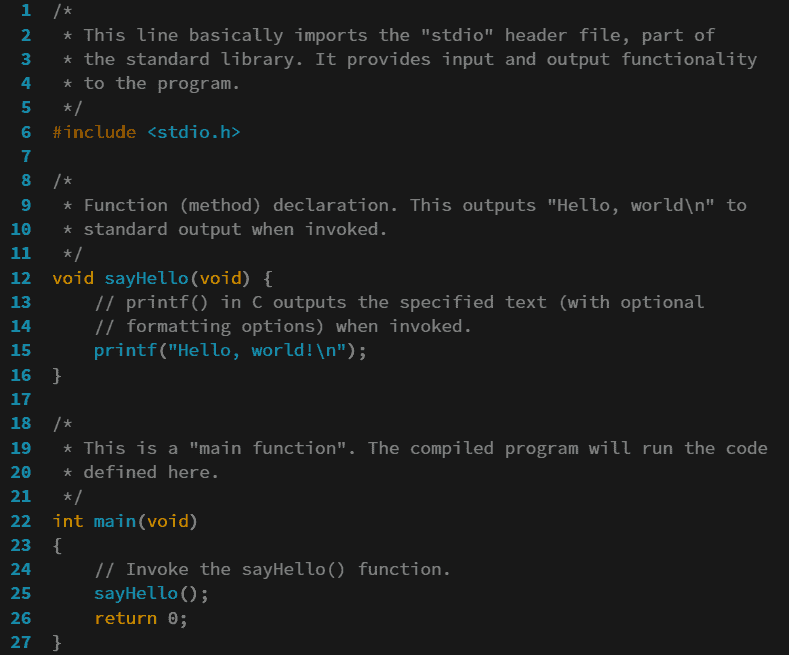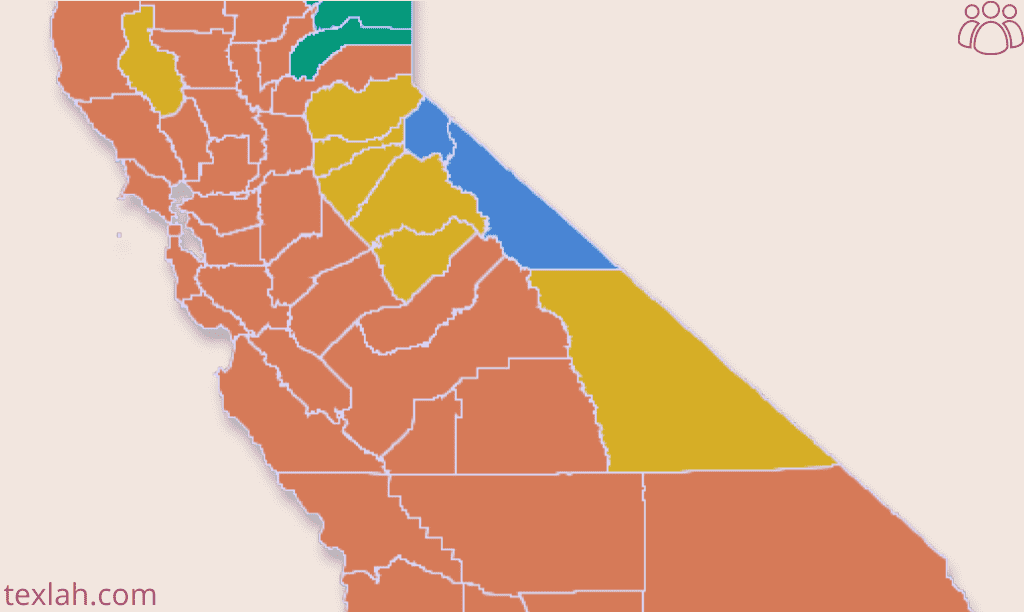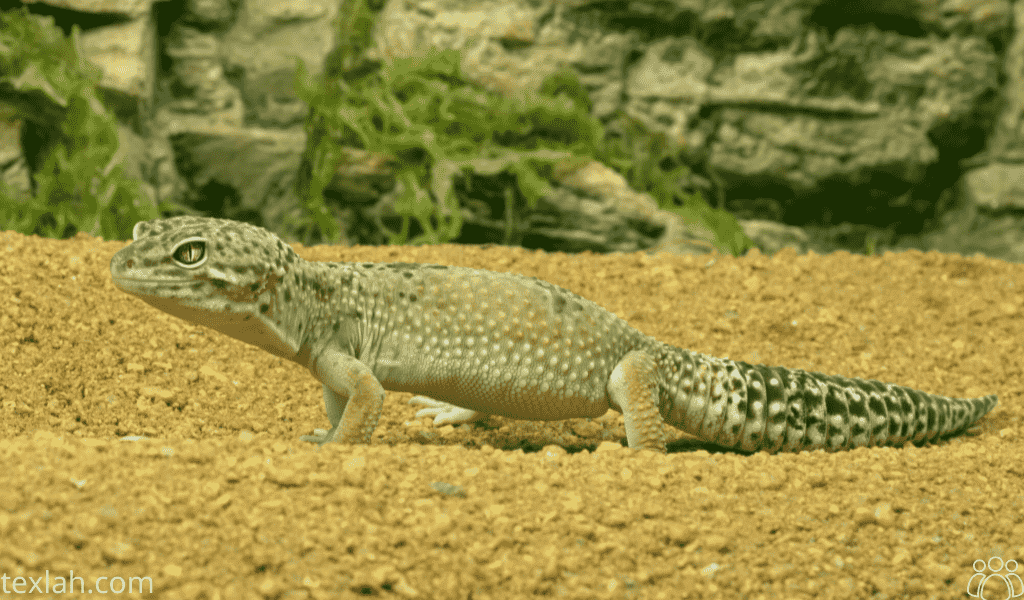Achieving Artistic Excellence: Understanding Harmony and Variety in Works of Art
Art, a timeless form of expression, captures the essence of creativity and individuality. When assessing a work of art, the concepts of harmony and variety play pivotal roles in determining its aesthetic value and overall impact. In this article, we delve into the significance of harmony and variety, exploring how they contribute to the artistic excellence of a piece.
Harmony in Art
Harmony in art refers to the visual elements coming together to create a sense of completeness and unity. It involves the use of elements such as color, shape, and form in a way that is pleasing to the eye. A harmonious artwork is characterized by a sense of order and balance, where each component contributes to the overall visual experience without overwhelming the viewer.
Read More













